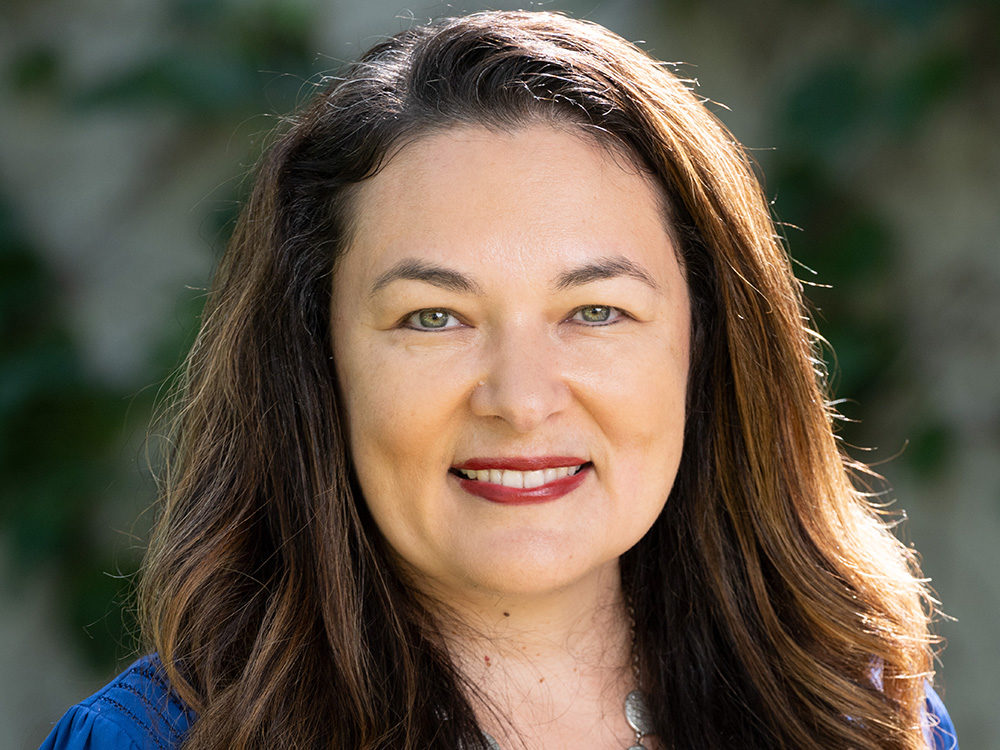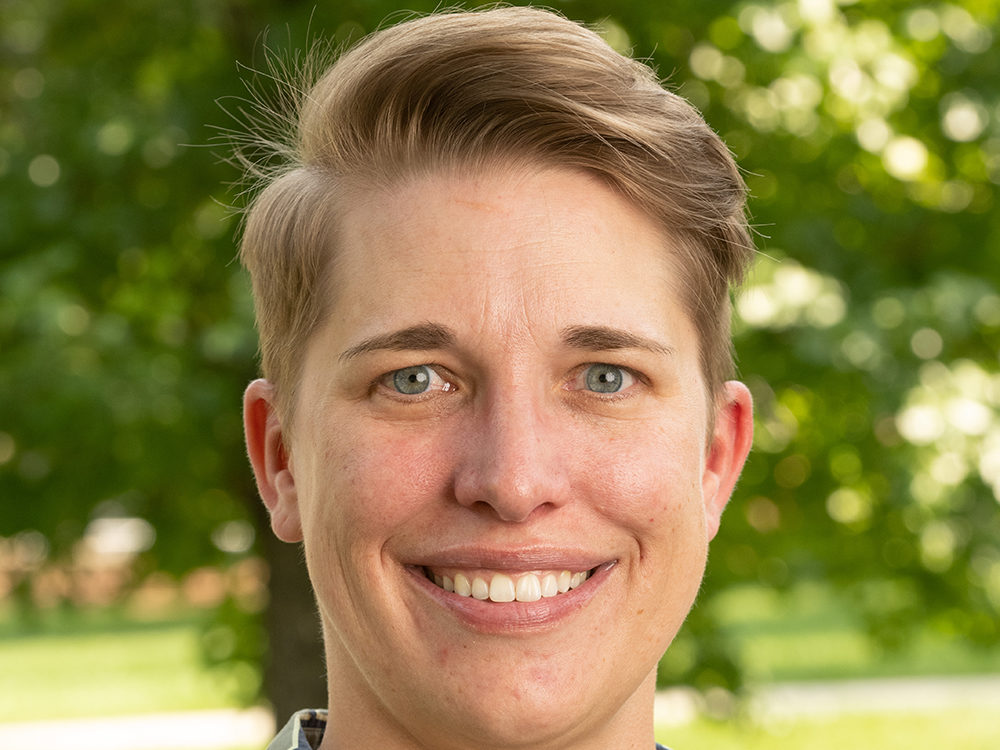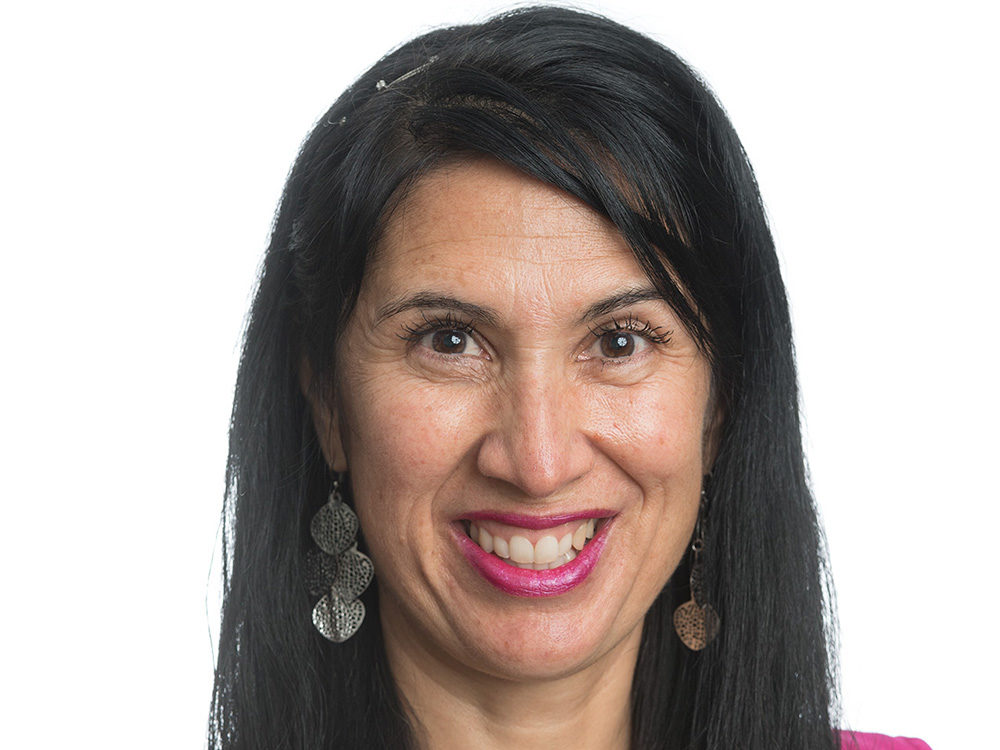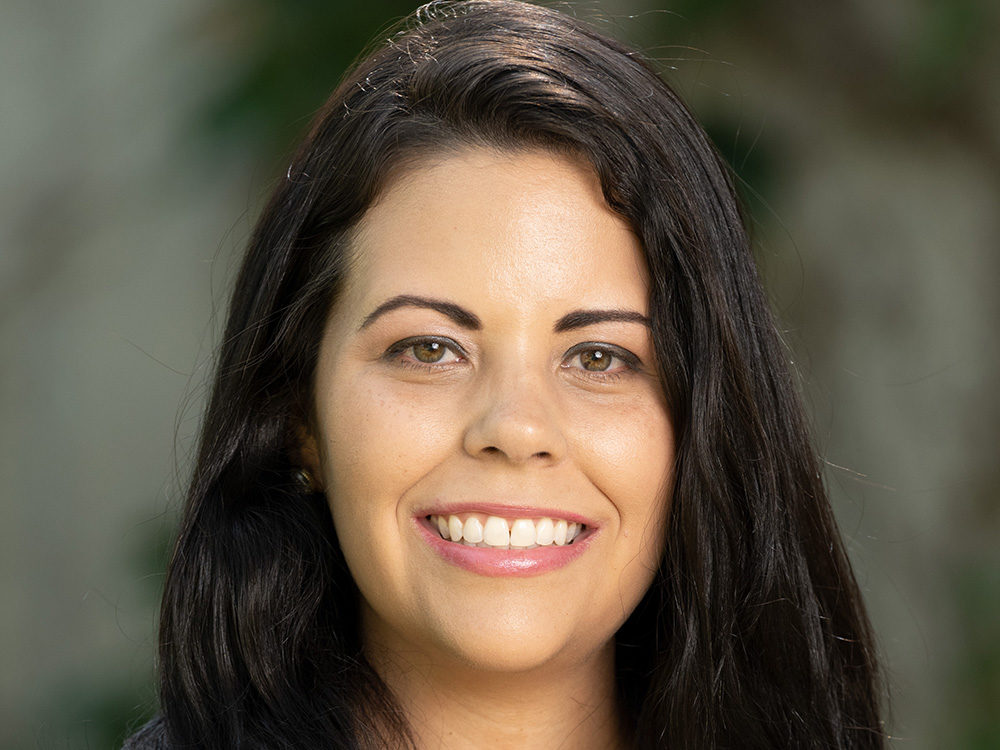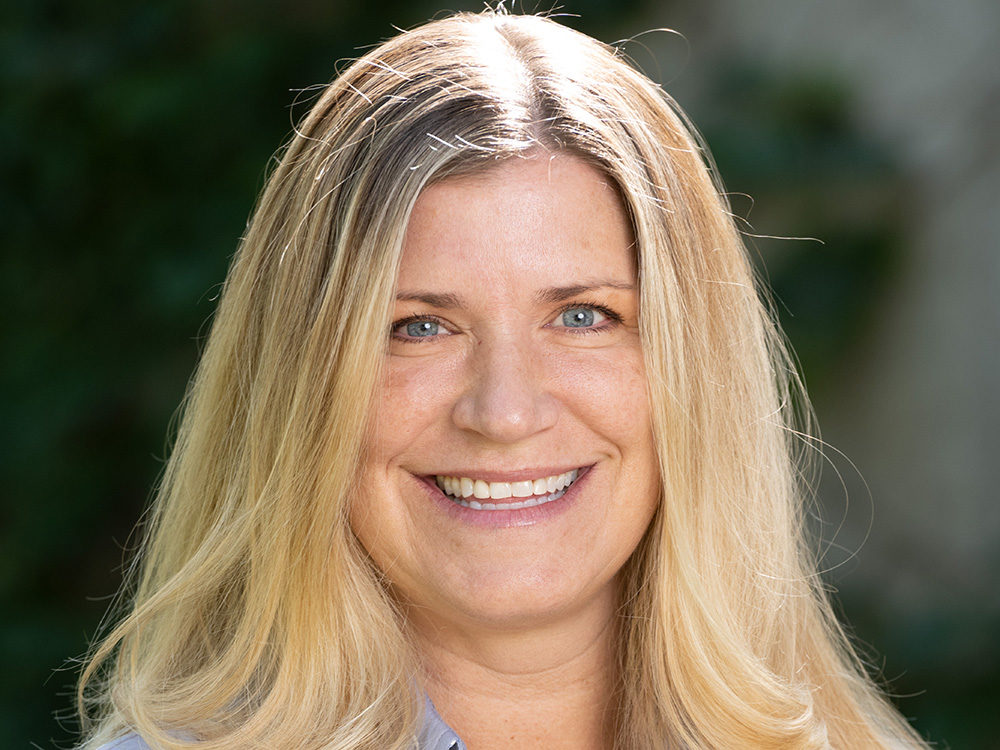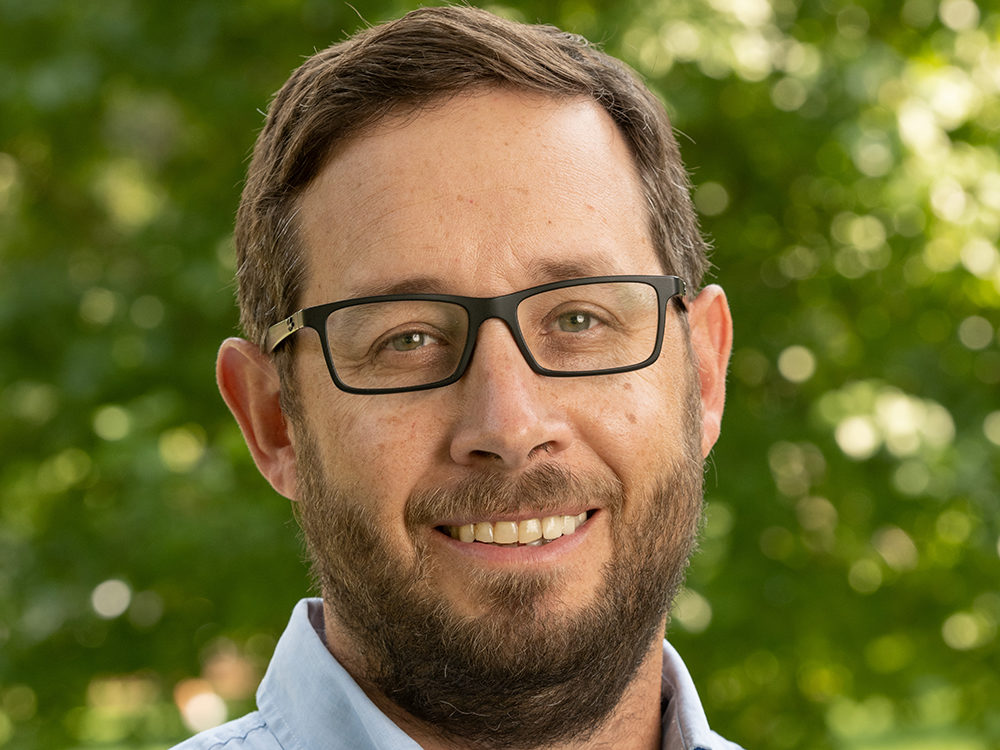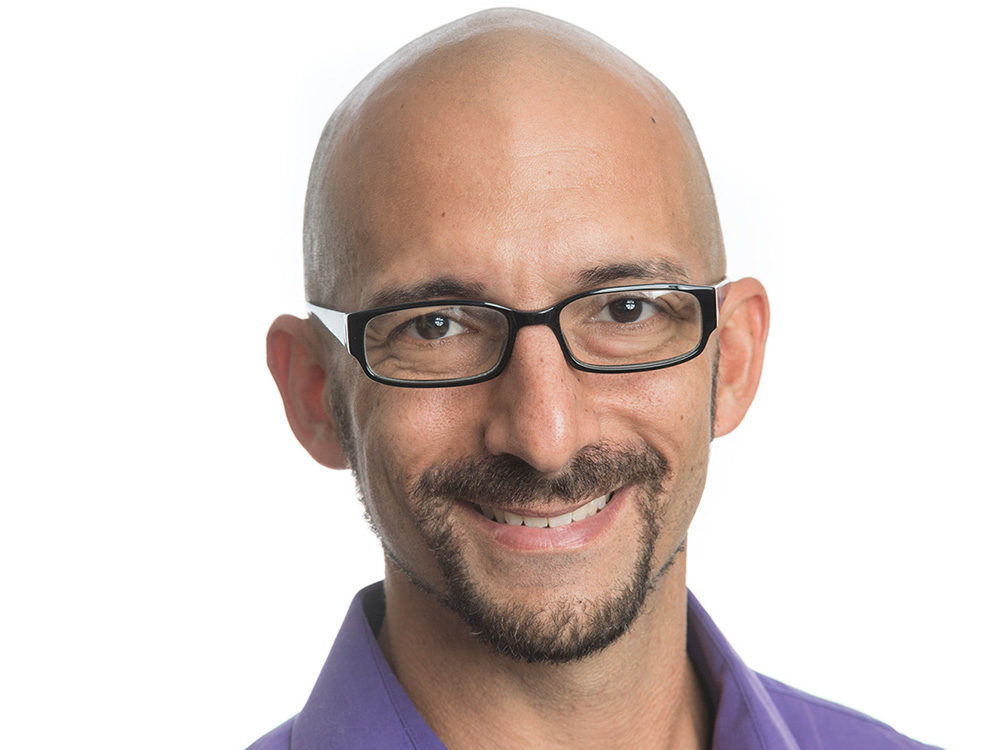Committed to Diversity
We are committed to creating a welcoming and inclusive learning, teaching, and working environment in the School of Education. We value and affirm the voices and experiences of diverse students, faculty, staff, and community members.
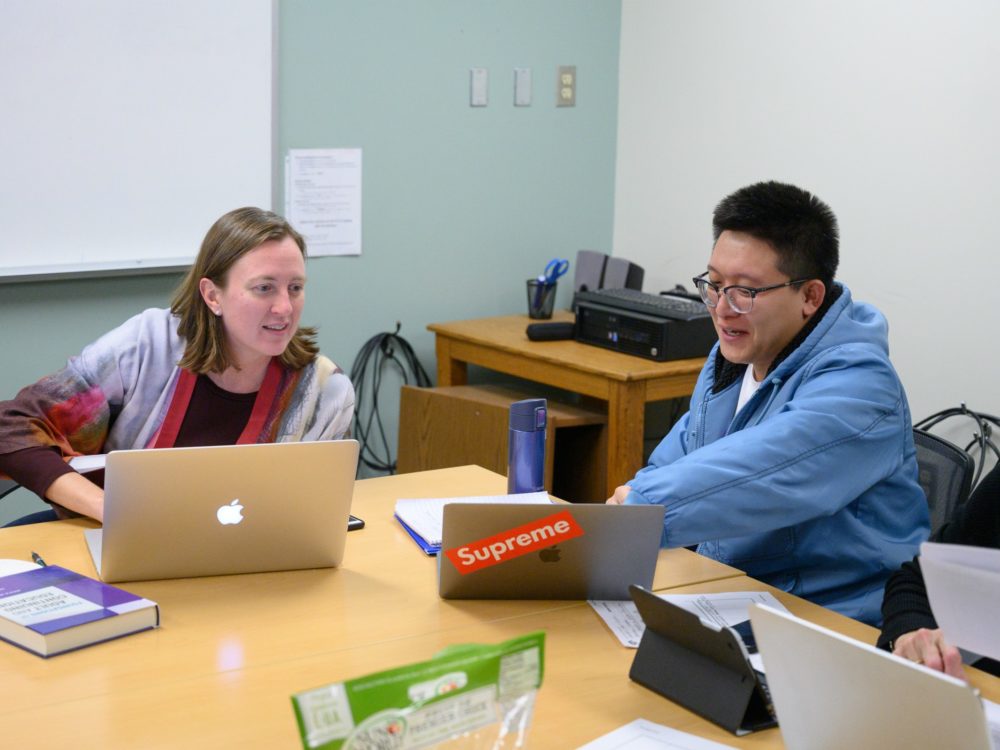
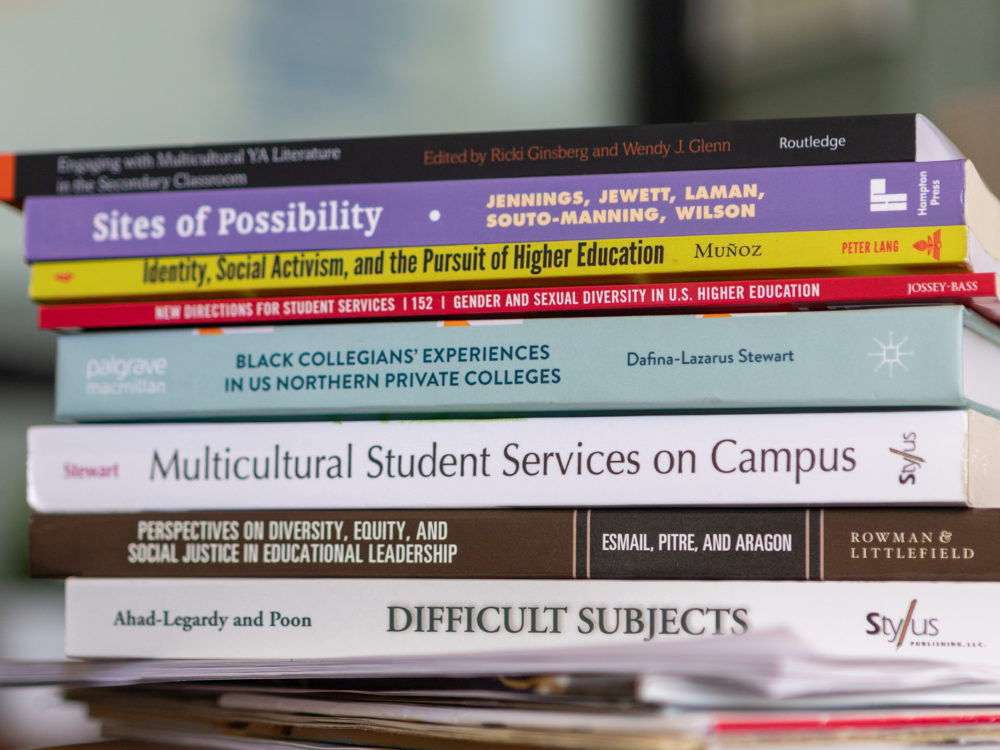
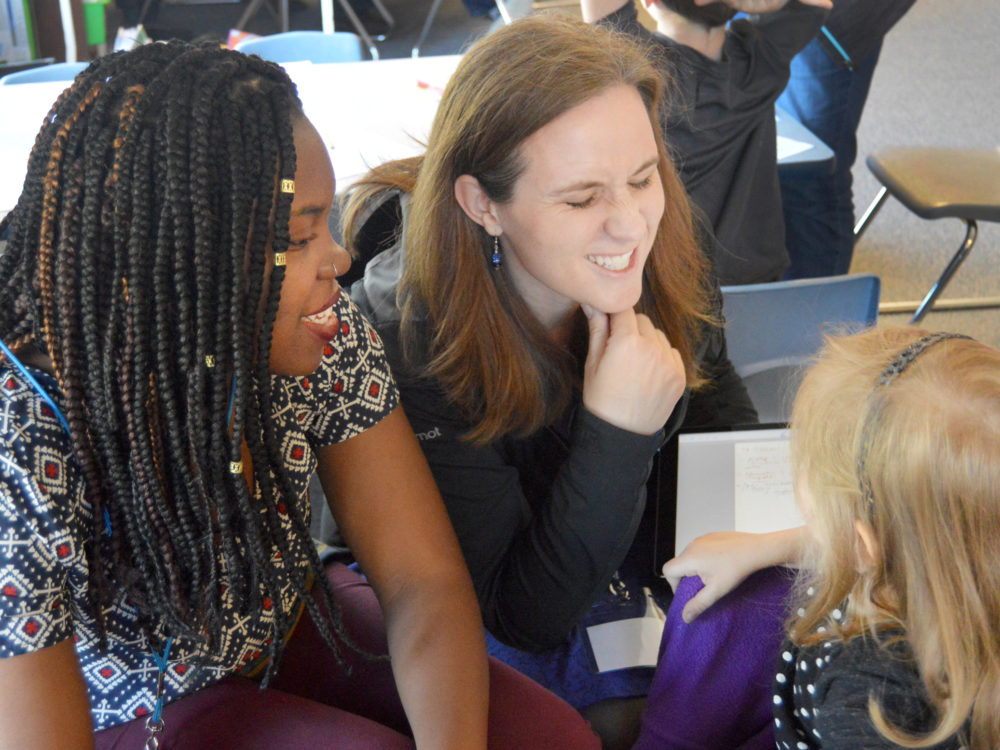
Teaching
This is a sampling of School of Education courses with DEIJ content.
To promote a DEISJ perspectives for this course, the instructor:
- Integrates cultural knowledge with specific and relevant diverse issues on campus.
- Assesses and address one’s own awareness of EDI, and articulate one’s own differences and similarities with others.
- Demonstrates personal skills associated with EDI by participating in activities that challenge one’s beliefs.
- Interacts with diverse individuals and implement programs, services, and activities that reflect an understanding and appreciation of cultural and human differences.
- Recognizes the intersectionality of diverse identities possessed by an individual.
- Recognizes social systems and their influence on people of diverse backgrounds.
- Articulates a foundational understanding of social justice and the role of higher education, the institution, the department, the unit, and the individual in furthering its goals.
- Demonstrates fair treatment to all individuals and change aspects of the environment that do not promote fair treatment.
Outreach
We work to engage our local and global communities in social justice issues on both the local and national level.
More Outreach Activities
Research
Our faculty are examining a wide array of social justice issues in their research and scholarship.
Get Involved
We value and encourage participation by students of diverse backgrounds in our school activities. Check out these opportunities for ways you can get involved.
Rising Up Against Anti-Blackness and Racial Violence
We join CSU Leadership in issuing a statement of support and solidarity for Black members of our communities in response to continued systematic violence and oppression against Black Americans.
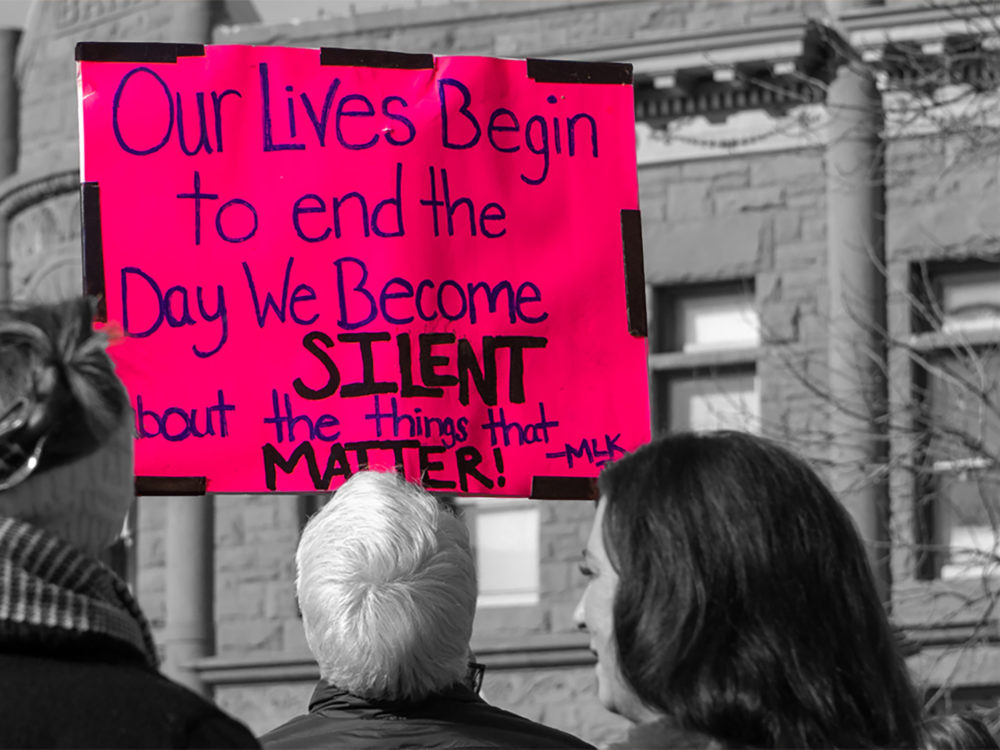
-
30% Racially Minoritized Students
-
3% Student Veterans
-
3% International Students



